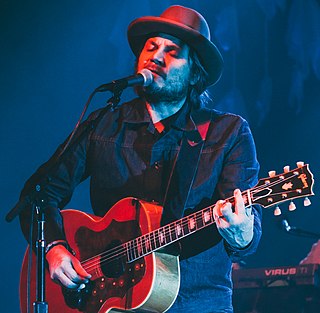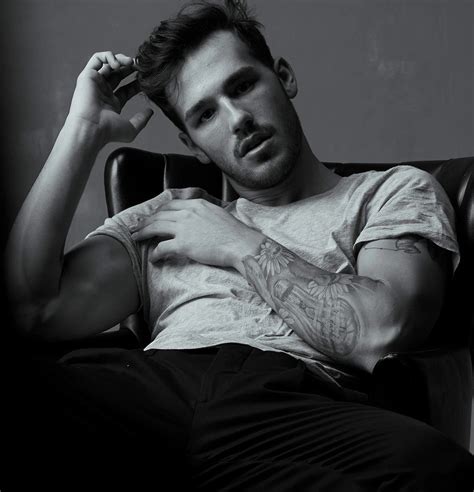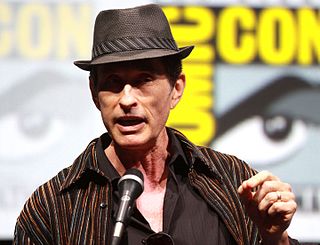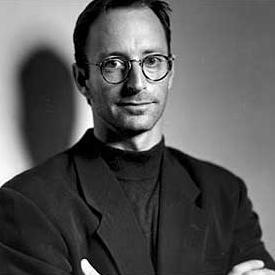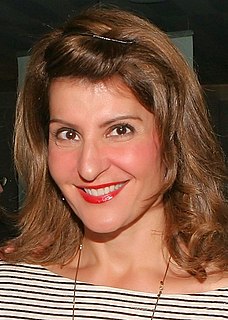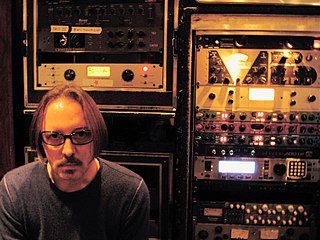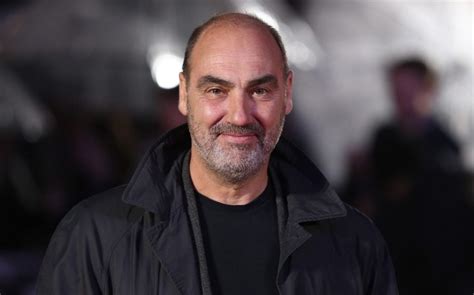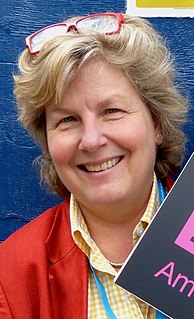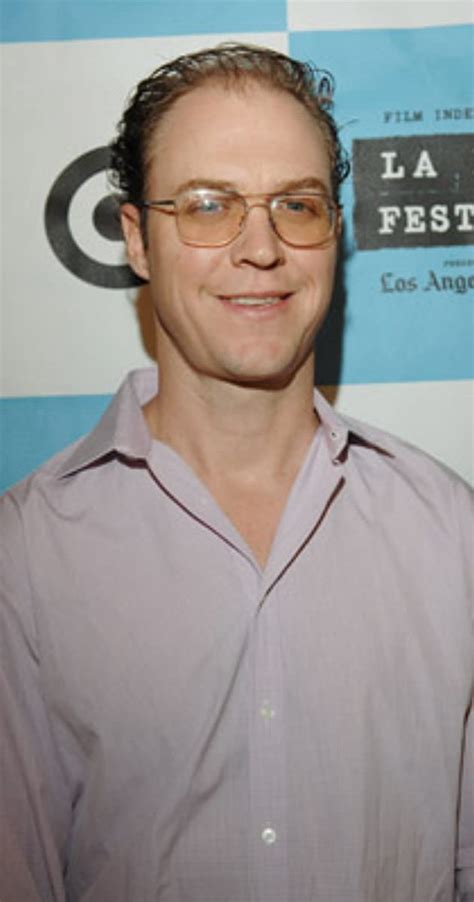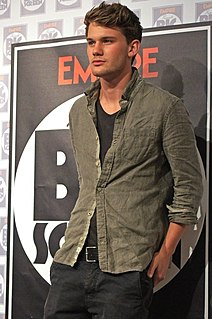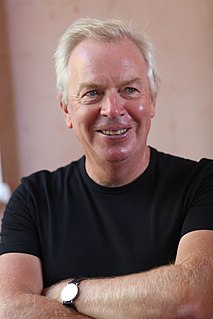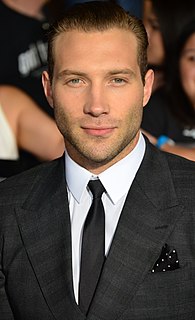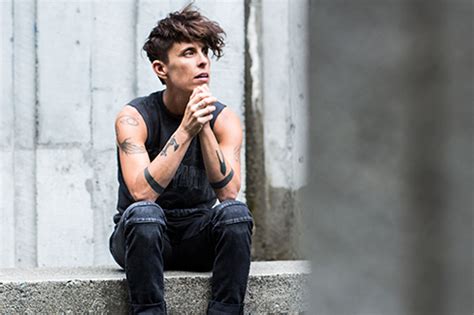Top 526 Edit Quotes & Sayings - Page 8
Explore popular Edit quotes.
Last updated on April 19, 2025.
No, I don't think you're ever an objective observer. By making a frame you're being selective, then you edit the pictures you want published and you're being selective again. You develop a point of view that you want to express. You try to go into a situation with an open mind, but then you form an opinion, and you express it in your photographs.
All the actor does is, he tries to get as many takes as he can out of the director that day. So he can walk away and say to himself, "Hey, it's in there. I'm not going to edit it. I'm not going to make those choices. If they want to blow it, it's fine. But I've done all I can." You're right. I'm always amazed when actors bash films as if those grips and that cinematographer didn't work hard enough.
The sublime moment seems to be only a product of allowing yourself to get through, to get to a lot of stuff in your life, write about a lot of stuff and not edit yourself. That is a great lesson to learn for anybody that writes or creates in anyway, to be able to make something without being good or bad.
Don't bend; don't water it down; don't try to make it logical; don't edit your own soul according to the fashion. Rather, follow your most intense obsessions mercilessly. Only if you do that can you hope to make the reader feel every particle of what you, the writer, have known and feel compelled to share."---Forward to Kafka's Short stories
The way that TV is set up is very helpful for when a show comes to an end because as an actor, you've got acting, but as a showrunner you still get to edit for three months and after that ends you get to do a sound mix. So, as a writer-performer in television, it's a very nurturing, gradual environment to say goodbye to a show.
Every cell in our body, whether it's a bacterial cell or a human cell, has a genome. You can extract that genome - it's kind of like a linear tape - and you can read it by a variety of methods. Similarly, like a string of letters that you can read, you can also change it. You can write, you can edit it, and then you can put it back in the cell.
I take editing seriously. It's a joy to edit. I always hand a manuscript to several editors and can't wait to get back their notes and see what they've said. I don't criticize myself for making blunders here and there, because it's just natural. You write in chunks, and you may not remember that that sentence you wrote yesterday had the same word repeated three times. I do enjoy that. I love the feeling of repairing. Repairing is really nice.
Walter Benjamin talks about art losing its original "aura" in an age of mechanical reproduction. In writing memoir, we're taking something that happened in a particular moment and meant something at that time, and we're trying to capture it to mass reproduce it for readers. So of course something is lost. And when we edit that material, we're getting even further from that aura, but toward something else that is potentially vital.
I was going to be credited as Wray Nerely, my role in Con Man. It got cut in the reshoots. I was like, "Wait a second. I'm cut." It's a better telling of the story, but unfortunately, Wray Nerely gets cut, which is actually exactly right because if Wray Nerely was ever in Star Wars, he wouldn't make it to the final edit.
I think a lot of people think it's easy to just post stuff. They think it's the easy way to fame nowadays, but it's been hard. You have to film the video, which takes forever because I'm super picky about all my takes and stuff. Then you have to edit it and upload it, and doing that three times a week is very, very difficult.
I like the idea of people who've had some success in one form secretly wanting to be something else; I have some of that myself. I look for it in other people who've established themselves in some particular art form, and then you find out that they really would like to design running shoes, or edit literary magazines or something.
Teaching literature is teaching how to read. How to notice things in a text that a speed-reading culture is trained to disregard, overcome, edit out, or explain away; how to read what the language is doing, not guess what the author was thinking; how to take evidence from a page, not seek a reality to substitute for it.
I've seen my own films close to a thousand times in one form or another. When you edit them. When you shoot them. Then you run them over and over again for sound and music. Then you'd go to premiere screenings, and have to do promotional screenings in other cities. I can't watch any of my old films.
[ Digital revolution ] only has allowed me to work faster, editing digitally, which I'm doing right now, a film on volcanoes. I can edit almost as fast as I'm thinking, editing with celluloid means always searching for this little reel of film, and number it, and scribble on it with some sort of pens, and gluing it together, and working on a flatbed. It's much, much slower.
With an independent movie, it's like, 'Okay I know what I want, and I got to go for it.' I just got to get the A version of this. Occasionally we'll try a B version, but not often. We'll just get what's scripted and try to do that as best we can, so you sort of edit while you shoot an independent movie.
When you edit, you imagine your enemy is seated on the other side of the table. Your enemy! And your enemy is going to read that with a viciousness, because he knows where you didn't work on it. He's going to shake it and really aim for that jugular. So you are going to polish, and revise, and rewrite, and cut out, and shape it, so that your enemy has no place to grip it. That's how you revise.
I was talking to Shonda Rhimes the other day and I said, "I. Do. Not. Know. How. You. Do. This." While we're writing episode 10, episode 6 is shooting, episode 3 is in the edit, and episode 2 is in its color session...You've got seven episodes in different parts! It's a wild, wild, wild ride, which I thoroughly enjoyed. It was badass and amazing.
I am on Vine. It's another early-adopter kind of thing. I'm trying to figure out what I'm going to do with it. What's interesting about it is that everybody knows these amazing restrictions we've put on it: I have to use my iPhone, I can only use one continuous take, I cannot edit afterwards, I cannot put sound afterwards.
I begin early in the morning and edit everything I wrote the previous day. I write until mid-afternoon. My goal is to write a chapter per week, and if I am not finished by Friday, I write on the weekend. I get a lot of fan emails and answer them every day. In the late afternoon, I attend to the business of publishing, etc.
Every weekday morning, I picture my first paragraph while I hike with my dog Milo near Mulholland Drive, looking out over the San Fernando Valley. I edit the paragraph, then memorize it, so that when I get back home and sit down at my computer, the blank screen's tyranny lasts only a second or two. A brief reign!
I'd work on Garbage or I'd edit a song or writing here, but I was able to do a lot of things with my family. There are things outside of Garbage, the whole band has come to realize that we need things like that. That's why we took that break. Garbage had swallowed us up and had become a full time obsession for us and we needed to escape that and reclaim our old lives.
I love to publish new writers, and we do so consistently. But a lot of contemporary American poets sound alike to me. They want to bring spoken, prosy language into poetry and I understand that desire. But they don't edit. It's not very curated work. It seems very lackluster, very uncareful. It may be the un-carefulness is also something they intend but there's a kind of "So what?" quality to a lot of it.
There are certain scenes in the edit you're playing with it and certain scenes don't put back together the way you imagined. Sometimes they're better and sometimes they don't have that thing, so it's never foolproof. But you certainly get an idea that here we've got enough and we've got to move on because you're always against time and money there. Whatever the budget is, you have to get practical about it.
I was basically a sound engineer, I produced radio shows and stuff and had to splice tape in the old days. And you knew a sloppy edit when you heard it, because I had enough of them. But that stuff takes the magic out of it, if you need to know everything. Then you become omnivorous. Everything is tender, and as soon as you burn it up, you're on to the next.
Creative experimentation propels our culture forward. That our stories of innovation tend to glorify the breakthroughs and edit out all the experimental mistakes doesn't mean that mistakes play a trivial role. As any artist or scientist knows, without some protected, even sacred space for mistakes, innovation would cease.
I've done movies in the past that have so many characters and I find it's very hard to follow all these stories. You end up not caring about any of the people and I thought that would be the case in this film, and you had these big speeches for each character, you know, it's like "God that's how you'll have to cut that down in order to paste it all", to edit the movie and my representatives could say "no, you really you ought to check it out.
Living "in" a story, being part of a narrative, is much more satisfying than living without one. I don't always know what narrative it is, because I'm living my life and not always reflecting on it, but as I edit these pages I am aware that I have an urge to see my sometimes random wandering as having a plot, a purpose guided by some underlying story.
I walk outside and scream at the top of my lungs, and it maybe travels two blocks. A whale unleashes his cry, and it travels hundreds or even thousands of miles. Every whale in the ocean will at one time or another run into that song. And I figure whales probably don't edit. If they think it, they say it...Whale talk is the truth, and in a very short period of time, if you're a whale, you know exactly what it is to be you.
The 1992 US Olympic basketball team is the best sports team ever, the equivalent of rounding up the greatest American writers of the last century or so and watching them collaborate: 'OK, Twain, you do the dialogue and hand off to Faulkner. He'll do the interior monologue. Hemingway will edit - no, don't make that face, you know you overwrite. And be nice to Cheever. He's young, but he's got a good ear. Wharton and Cather can't play - they're girls.'
There are panel shows that struggle to get women on, and that's because the women feel marginalised and stupid and in the edit are often seen just laughing at the boys and not saying anything at all even though I know for a fact in the recording they were clever. I'm not shy at speaking up, but even I, on those shows, am silenced.
I set up this magazine called Student when I was 16, and I didn't do it to make money - I did it because I wanted to edit a magazine. There wasn't a national magazine run by students, for students. I didn't like the way I was being taught at school. I didn't like what was going on in the world, and I wanted to put it right.
If there's a cutaway, you need to get it then because it's only going to last [a few moments]. You have to edit the movie as you're shooting it in your head and communicate with your crew about how it's going to work. While making a movie, you have the luxury of storyboards and a script and a bigger crew and actors. I mean, it's so much easier.
With a horror movie most of the actual jumps and scares are made in the edit. It's often not very scary on set and then you watch the film and suddenly it's very scary because the way the jump scares fit together building up the suspense in the audience because it's making them jump when they're least expecting it.
So smile when you read a headline that says "Investors lose as market falls." Edit it in your mind to "Disinvestors lose as market falls-but investors gain." Though writers often forget this truism, there is a buyer for every seller and what hurts one necessarily helps the other. (As they say in golf matches: "Every putt makes someone happy.")
There were radio shows where you actually got to hear people play off of each other and get that immediate magic that goes on. And rather than doing what a lot of shows do, where an individual comes in, reads their part, and you edit it together later on and try to build a performance, we're lucky because this is really very much a theatrical performance that is going on, every single week.
In the future we will all be famous for 15 minutes. It will be on a daytime magazine programme and we will each wear a tasteful shirt and slacks combination. We'll be interviewed by a soothing voice under a clock that's permanently set to 4pm. We will talk about the weather. We will record for months to get 15 minutes they can use in the edit.
Human relationships are rich and they're messy and they're demanding. And we clean them up with technology. Texting, email, posting, all of these things let us present the self as we want to be. We get to edit, and that means we get to delete, and that means we get to retouch, the face, the voice, the flesh, the body -- not too little, not too much, just right.
I like to be surrounded by books. My wife Evelyn has a PhD in comparative literature so we have a lot of her Spanish and German literature books which are wasted on me, plus a lot of novels and books on art and architecture shared by us both. Evelyn used to edit an art magazine called FMR, so we have a common interest in design.
I think training your instinct comes from writing and reading. There's no big secret. And reading slush helps, as well; I'd recommend everyone edit a literary magazine at some point. It's time-consuming, but there's a lot to learn from other writers who are also learning. The patterns (twelve stories about whales in this batch?) are also interesting.
I love that about filmmaking - seeing final product and getting to see everyone else that you don't necessarily engage with on set every day and getting them to showcase their talents. Whether it's effects, music, the edit, the rhythm of a film is driven by that, so it's cool to see it come together. It's great to be standing in front of something you're genuinely proud of.
I like to be surrounded by books. My wife Evelyn has a Ph.D. in comparative literature, so we have a lot of her Spanish and German literature books which are wasted on me, plus a lot of novels and books on art and architecture shared by us both. Evelyn used to edit an art magazine called 'FMR,' so we have a common interest in design.
When I've had to edit my albums, I'll listen to it one time through, and I'll make edits. I want to remember to set up a camera to record myself listening to my set, because I don't even slightly crack a smile, I am just listening for technical details, and I look like somebody that has absolutely no sense of humor. I look insane.
Don't google your name. Ever.
Don't “search” for yourself
on anything that glows in the dark.
Don't let your beauty
be something anyone can turn off.
Don't edit your ugly out of your bio.
Let your light come from the fire.
Let your pain be the spark,
but not the timber.
Remember, you didn't come here
to write your heart out.
You came to write it in.



